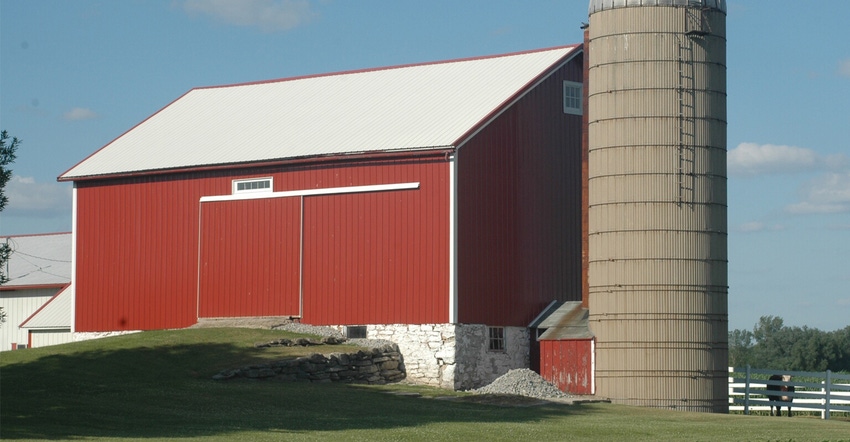November 6, 2017

My wife and I are both 60. We milk 75 Holstein cows and own and farm 225 acres. We owe about $100,000 on our farm. With low milk prices and low crop prices, we have decided we want to retire sooner rather than later. We plan to sell our cows the next time milk prices go up — hopefully in the next couple of years. We then plan to crop farm for two or three years before we retire from farming and sell our equipment. We haven’t decided if we will rent the land out or sell the farm and buy a house in town. I realize you don’t have a crystal ball and you don’t know if prices will rise, but in general, I’m wondering if it makes more sense to get out of farming when milk prices and crop prices are high rather than when they are low? Also, is it smarter to rent our land out or sell the farm?
Hodorff: It always makes sense to sell when prices are high. At 60, you have a few more years to work. One of my bigger concerns is how you retain your dollars. As you think ahead, you could slowly downsize your farm. There are many ways to do this, so I will only make one suggestion. You could start to breed your cows to beef bulls and then sell the calves or keep the calves to start a beef herd.
One of the best things you can do is get some financial advice. Financial planning should be your first priority. A financial planner should help you plan your retirement income flow. As you retire, there are many financial decisions to make.
Miller: Historically, it does make sense to get out of farming when prices are high. Prices are high when either demand increases or supply decreases. The challenge is you can only determine they are high by looking backward.
With regard to renting vs. selling the farm, consult your tax adviser and put together a personal budget. Selling the farm can trigger capital gains taxes on the difference between the value when you sell the farm and the basis you have in it from when you purchased it plus the net book value of any improvements made on the real estate. The funds you have left over after paying taxes can generate investment income, or you can spend it in your retirement. If you rent out the land, you will not have this capital gains tax, but will receive an annual income from rent that can be applied against your living expenses.
Your tax adviser can give you an idea of your expected taxes from all your sources of revenue in retirement: rents, investment income, Social Security and any other sources. Work on a personal financial budget so you understand what your living expenses are and your expected income to help guide you in the appropriate course of action to sell assets.
Wantoch: Now that you have decided to sell the dairy herd and farm, you have the luxury of considering when the timing is right for you and your wife. Timing is key in helping you maximize the profits from the sale of your farm assets. The buyers of your real estate, cattle and farm equipment will be farmers who have cash on hand or will be able to cash-flow the additional debt that will be needed to purchase the assets. During times of higher commodity prices, hopefully other farmers will pay more for your assets and you will then receive higher prices. However, other farmers may consider selling when prices are higher, too. This may flood the local markets and reduce your potential profits.
If you are thinking about holding a public auction, I would encourage you to contact auctioneers to determine the current prices of your assets and consult with them on the best time to hold an auction. Deciding to sell the dairy herd and farm are life-changing events and do require some planning to make these events go smoothly.
Agrivision panel: Doug Hodorff, Fond du Lac County dairy farmer; Sam Miller, managing director, group head of agricultural banking at BMO Harris Bank; and Katie Wantoch, Dunn County Extension ag agent specializing in economic development. If you have questions you would like the panel to answer, send them to: Wisconsin Agriculturist, P.O. Box 236, Brandon, WI 53919, or email [email protected].
You May Also Like




